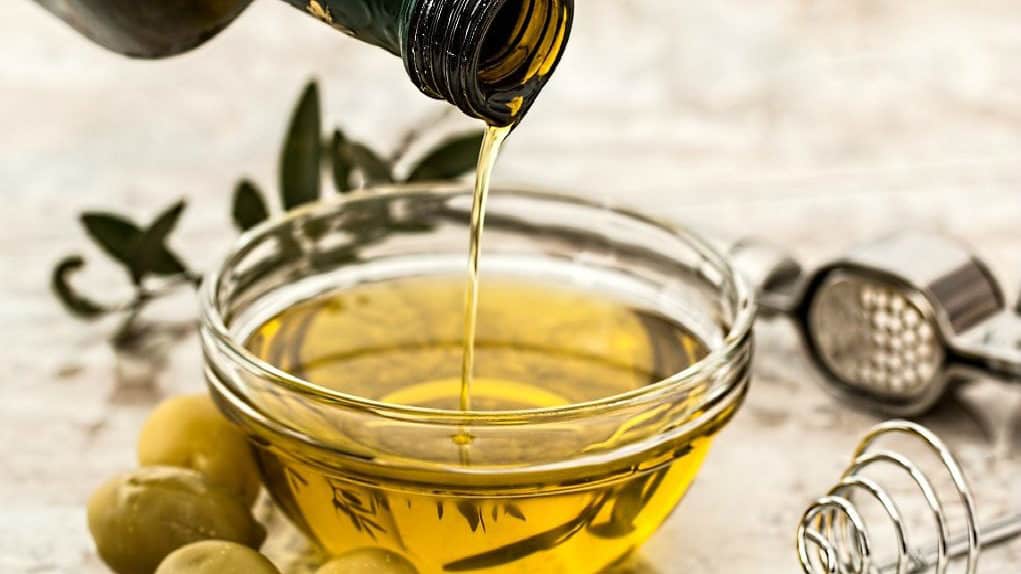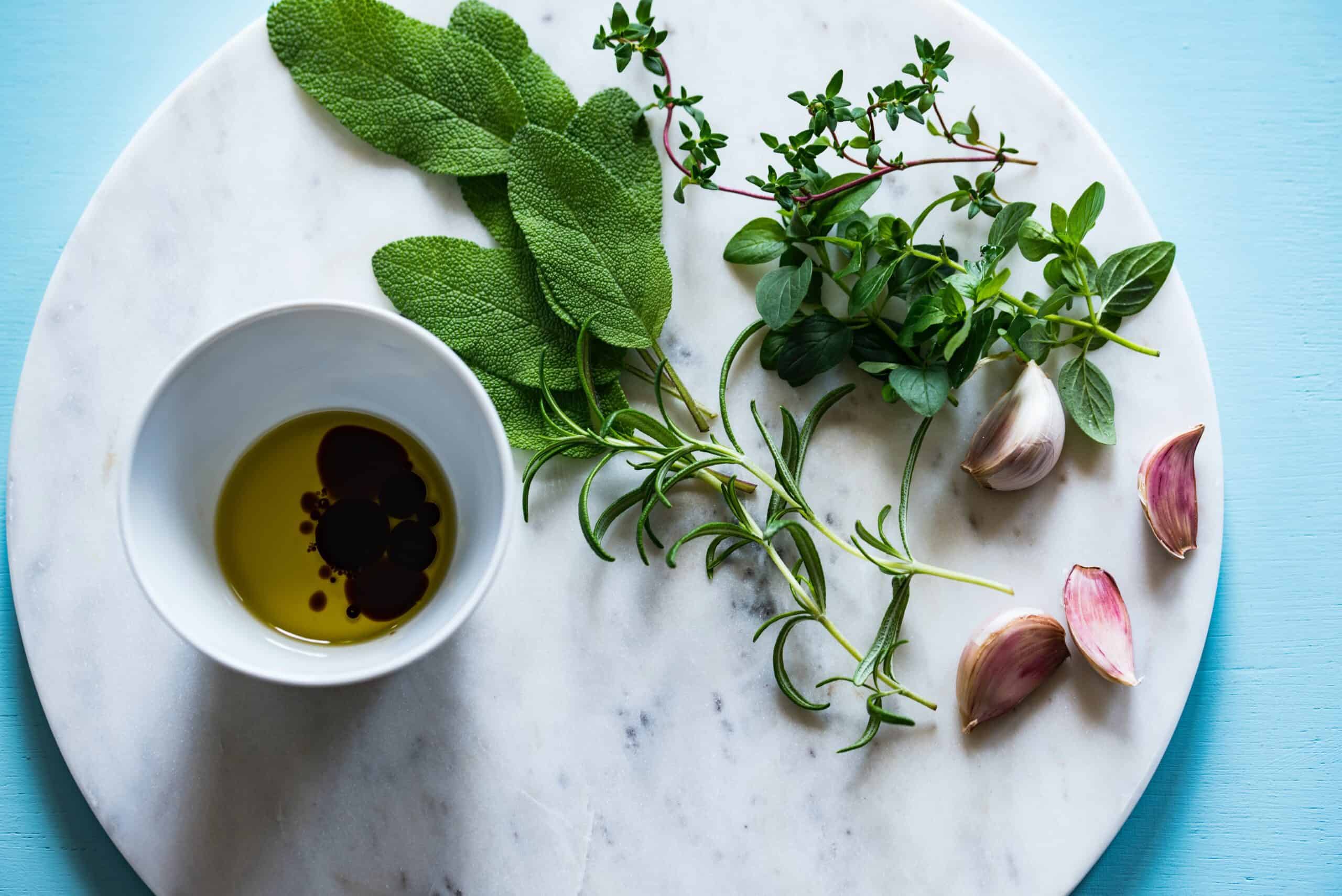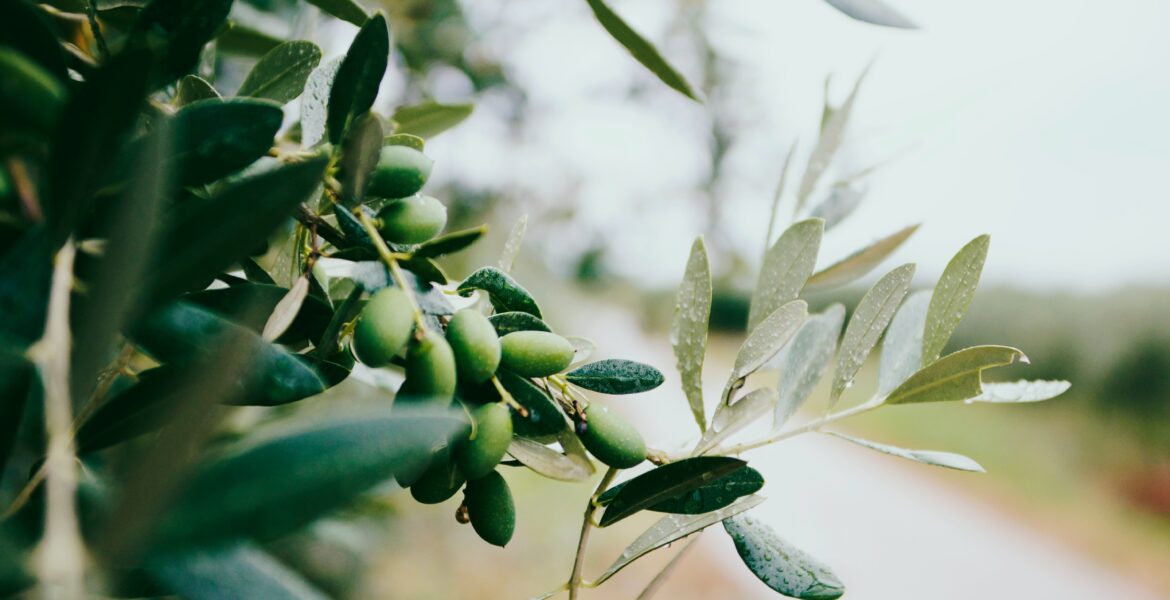Helen Papamichalopoulos
It is believed that the Minoans were the first to cultivate olive oil in 3500BC.
This “liquid gold” as Homer called it, was not only used in trade, but as medicine as well.
So, it’s no surprise that olive oil has become a superfood.
There is no denying the great health benefits of olive oil.
It is a great anti-inflammatory and powerful antioxidant. Unlike the solid artery-clogging fats found in other oils like corn, soybean and vegetable oils, olive oil is packed with monounsaturated fats that may actually lower your risk for heart disease.
According to Maria Crokos, certified health coach and founder of We Well Together, “Healthy fats can actually promote good cholesterol and help regulate your blood sugar. Its unique chemical components like oleocanthals, antioxidants such as polyphenols, Vitamin K and Vitamin E are what make this oil so “super” healthy.”
It is also a staple of the Mediterranean diet which has been hailed as the best diet to follow for optimal health. This diet is based on research concluding that, those living in countries bordering the Mediterranean Sea live longer and suffer less from diseases like cancer and heart disease.
Potential benefits of following this diet also include weight loss, brain and heart health, cancer prevention and control, diabetes prevention, help with depression and anxiety, and is overall good for your gut.
Composed mostly of fresh fruit and vegetables, fish and healthy fats like nuts and olive oil, this diet is the least restrictive and highest-inclusive of all.
 But how do you choose the best olive oil to include in your Mediterranean diet?
But how do you choose the best olive oil to include in your Mediterranean diet?
Well, this is where Panos Palmos, owner of Palmos Foods and Molon Lave Olive Oil distributor for North America, comes in. He explains that not all olive oils are made equally.
“Take a close look at the packaging. Make sure the bottle is not plastic as it’s a porous material and allows for air to seep in. Also, make sure no light can get through. Light and air are olive oil’s enemies and raise the olive oil’s acidity and give it a rancid taste.”
He goes on to explain that it’s also important to look at the labels.
“Look for PGI or PDO logos on the bottle. This means that the olives, the pressing and the bottling are all from and done in the same area.”
Also, it’s important to mention when talking about packaging, consumers should avoid labels such as ‘Packaged in..’ or Bottled in..’ since this is an indication that the olives are coming from various locations.
According to Panos, a good extra virgin olive oil should smell fruity and aromatic and have a progressively burning taste. “If the lipid stays in your mouth more than fifteen second, it can be an indication that something is wrong.”
Back in the day, grandmothers had their method to test the purity of extra virgin olive oil. “They would rub a drop of oil in their palms. If the oil was fully absorbed, it meant you had a high-quality oil.”
Panos also mentions that all good extra virgin olive oils have an expiry date; it is good for about 18 months.
 Lucky for us Greeks, some of the best olive oil is produced in Greece.
Lucky for us Greeks, some of the best olive oil is produced in Greece.
Panos was in search of top-quality olive oil because, unlike many Greeks, his family did now own an olive grove of their own. His search led him to Laconia where the conditions are ideal for making the best, extra virgin olive oil.
“You need an area that has low humidity and high sun exposure. Laconia is ideal for that.”
Three million tons of olive oil is produced worldwide. 80% comes from the Mediterranean, with Greece producing 10% of that. 90% of the oil produced in Greece is extra virgin olive oil. 98% of the olive oil produced in the area of Laconia is extra virgin olive oil.
“Greece is the Mecca of extra virgin olive oil.” Panos says.
He was first attracted to Molon Lave Extra Virgin Olive Oil because of its connection to Ancient Sparta and the ancient Greek Helmets.
“I love Ancient Greek history and am fascinated with anything relating to Ancient Sparta.” But it was the taste and high quality of the Molon Lave brand that sold him and made him become the sole distributor for North America.
So now that you know how to choose the best extra virgin olive oil, how do you make sure you have enough of it so as to benefit your health?
Maria Crokos has a few helpful tips on how to include it in your daily diet.
- add an extra drizzle to a salad, sandwich, or soup
- use extra virgin olive oil on popcorn
- drizzle on your eggs
- dress store-bought hummus with an extra pour of extra virgin olive oil
- replace butter with extra virgin olive oil in baking recipes
- consume 1 tablespoon on its own
Whichever way you choose to consume your olive oil, there’s no doubt that the “great healer” as Hippocrates called it, will only do you good.


The Apocalypse: Xylella fastidiosa threatens global olive oil industry


